Best bookkeeping practices for contractors

Bookkeeping Practices for Contractors in Canada: A Guide to Efficient Financial Management In the dynamic world of contracting, where every project has its unique challenges and opportunities, maintaining impeccable financial records is not just a necessity—it’s a strategic advantage. For contractors in Canada, effective bookkeeping ensures not only compliance with regulatory requirements but also positions your business for growth and success. Here’s a guide to the best bookkeeping practices tailored specifically for contractors in Canada. 1. Adopt a Project-Based Approach Construction and contracting involve managing multiple projects simultaneously, each with its own financials. Implementing a project-based approach to bookkeeping means: 2. Utilize Construction-Specific Accounting Software Investing in accounting software designed for the construction industry can significantly streamline your bookkeeping: 3. Keep Personal and Business Finances Separate Mixing personal and business finances can lead to confusion and inaccurate bookkeeping. Maintain clarity by: 4. Implement a Regular Record-Keeping Routine Consistency is key in bookkeeping. Establish a routine to ensure all financial transactions are recorded accurately: 5. Perform Regular Reconciliation Reconciliation helps to ensure that your financial records align with bank statements and other financial documents: 6. Stay Compliant with Canadian Tax Regulations Understanding and complying with Canadian tax regulations is crucial for avoiding penalties and ensuring accurate reporting: 7. Manage Payroll Efficiently Payroll management is a critical component of bookkeeping for contractors with employees: 8. Seek Professional Advice While DIY bookkeeping can be effective, consulting with a professional accountant or bookkeeper can provide added value: 9. Stay Informed About Industry Changes The construction industry and tax regulations are subject to change. Staying informed helps you adapt to new requirements and best practices: 10. Develop a Contingency Plan Unexpected issues can arise, and having a contingency plan for your finances can help mitigate risks: Conclusion Effective bookkeeping is essential for Canadian contractors to manage their finances efficiently, comply with regulations, and ensure profitability. By adopting a project-based approach, utilizing specialized software, maintaining organized records, and seeking professional advice, you can keep your financials in excellent shape. Embrace these best practices to streamline your bookkeeping processes and focus on delivering outstanding projects.


